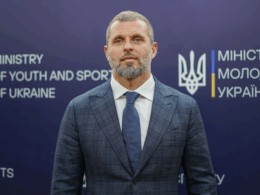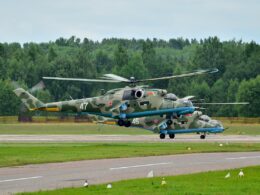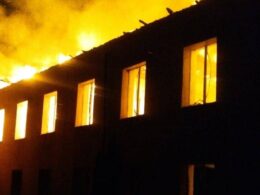The Kremlin's announcement on June 16 that Russia has moved the first deployment of tactical nuclear warheads to Belarus, and statement that Russian forces will deploy the entirety of planned tactical nuclear warheads shipments to Belarus by the end of 2023 is part of a long-standing effort to cement Russia’s de facto military control over Belarus and is highly unlikely to presage any Russian escalation, the ISW says in its daily report.
Key Takeaways of the report:
- Ukrainian forces continued counteroffensive actions on at least three sectors of the front on June 16 and reportedly made gains.
- Russian forces targeted Kyiv and Kryvyi Rih with cruise missiles and kamikaze drones on June 15-16.
- The heads of state of seven African countries met with Ukrainian President Volodymyr Zelensky on June 16 in Kyiv as part of a joint peace mission.
- The Kremlin claimed Russia has begun transferring tactical nuclear warheads (under Russian control) to Belarus, in line with previously announced plans.
- Select current and former Russian municipal officials signed an open letter calling on Russian forces to return to “universally” recognized Russian borders due to the crisis caused by the destruction of the Kakhovka Hydroelectric Power Plant (KHPP) dam.
- Russian forces conducted limited ground attacks along the Svatove-Kreminna line.
- Russian and Ukrainian forces conducted ground attacks near Bakhmut and along the Avdiivka-Donetsk City line.
- Ukrainian forces continued ground attacks in the Vuhledar area.
- Ukrainian forces continued counteroffensive operations near the administrative border of Donetsk and Zaporizhzhia oblasts and reportedly made gains in this area.
- The Russian Ministry of Defense (MoD) is attempting to monetarily incentivize the destruction of Ukrainian military equipment, likely to bolster ongoing recruitment efforts.
- Russian and occupation authorities are attempting to strengthen Russian ground lines of communication (GLOCs) between Russia and occupied Ukraine.




